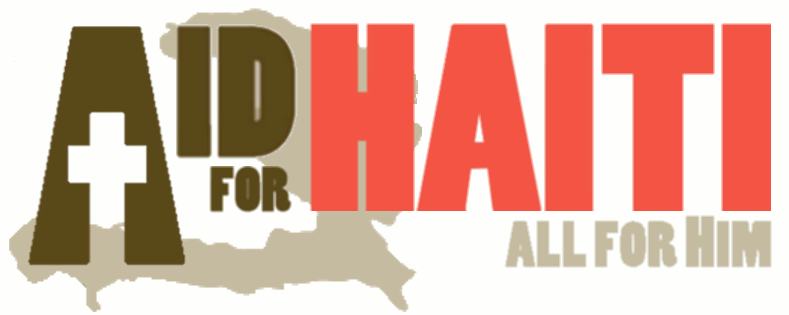Working to equip local people of Haiti to provide spiritual and physical care for their own communities
In remote areas of Haiti, often without training, well meaning pastors struggle to lead a church, teach spiritual truths and reach their communities for Christ. Also, local nurses on the front line of medical care in Haiti struggle to prevent, identify and properly treat common medical issues. We can not change the medical and spiritual need of Haiti ourselves. Only through prayer and in partnership with local pastors, church leaders and medical practitioners can we hope to effect a change in a community.
Pastor/Leader Training
Also known as SLE (Semenaire pour les Leaders Evangelique), the focus of this ministry is to provide ongoing (yearly) training in discipleship, leadership other spiritual issues to pastors and church leaders of remote regions.Many of those who have the responsibility of preaching and teaching in theese Christian communities have very little opportunity for discipleship and training themselves. These pastors and teachers desire to know Christ more fully and to understand the Word more clearly but they lack even the most basic tools and training. Study aids and Bible schools don’t exist in these areas even if the men could afford them. As a result, they are ill equipped to disciple believers, and their people try to survive on a diet lacking the essentials for maturity and soundness of doctrine. As one pastor stated, “I am like a baker with no flour. I have church with people that look to me for instruction, but I have little myself.” The training sessions focus on the basics of Bible study, effective teaching, and fundamental Christian doctrine. The goal in all of this is that the riches of Christ would be known and enjoyed more fully. That leaders would be equipped, thrilled, and motivated in all their labors for Him.
Medical Training
The front line nurses and other practitioners that serve as backbone of the medical system in Haiti are often stretched thin. Often without adequate training or any continuing medical learning, they serve in rural regions, alone, as the only medical care within walking distance. They are the only person to see a critically ill child or mother in labor and are faced with the decision to treat, send home or transfer the patient to the nearest care center. At AFH we seek to serve these people by providing ongoing training in medical treatment, pharmacology and ethical issues.


